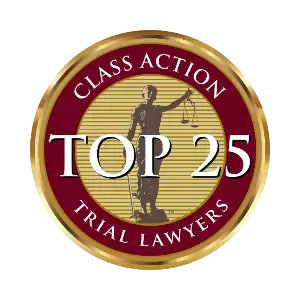Legal Guides for consumers
Categories
All
Camp Lejeune
Civil Prodedure
Class Actions
Dangerous Drugs
Defective Products
Hair Straightener
Mass Torts
Neurovascular Stent
Nursing Home Abuse
Securities Fraud
Social Media
Wage An Hour
Whistleblower

